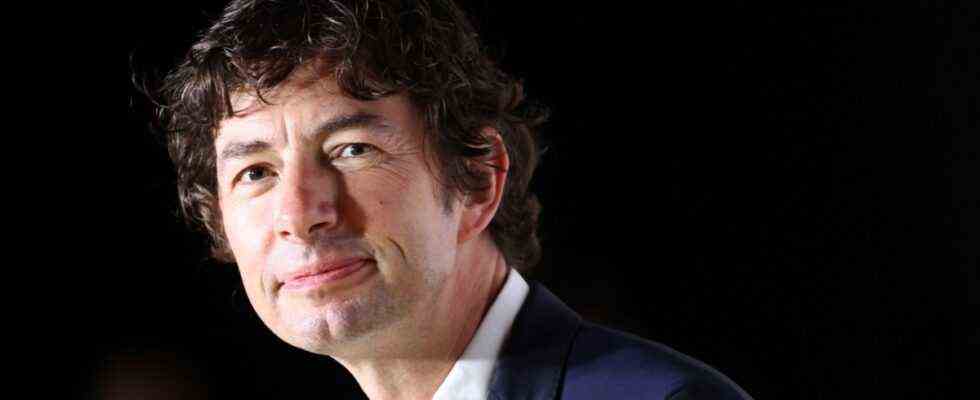According to Christian Drosten, the Omikron variant of the corona virus will pose major challenges for Germany and the world. “It will be tough again,” said the director of virology at the Berlin Charité in an interview with the Süddeutsche Zeitung. The implementation of the measures taken by politics is now all the more important. In Drosten’s view, it is unclear whether these need to be tightened further. “We have to wait and see whether and how the measures that are now in force and those that have been followed up work.” If the contact restrictions “don’t work as expected, you have to see if you don’t have to do 1G – and the G then means boosted.” Because those who have recently been boosted are likely to contribute less to the spread and are also noticeably protected against the disease. “At Delta, 2G and 3G may be enough, but now Omikron is writing the rules,” said the virologist, who is also a member of the federal government’s newly created Expert Council.
More recent data raise hopes that Omikron leads to less severe disease courses than Delta. The data situation is still incomplete, stressed Drosten. A high number of infections could, however, not only pose a problem for the clinics, but also for the critical infrastructure such as the police and fire brigade, even with a lower disease burden. While the numbers in England are already rising sharply due to Omikron, in Germany the measures that are still in force on contacts and masks are helpful – and that the population is cautious.
Drosten is concerned about developments in China. The vaccines used there could do little against Omikron, he said. “The vaccine that was used there is poorly effective against this variant. It is a real danger, also for the global economy.”
The corona virus “completely surprised” him with its ability to evolve, said Drosten. “The fitness gain of the new variants is enormous.” Even without being able to anticipate Omikron, politicians should have better prepared the country for autumn. Despite unanimous warnings from academia, the topic was pushed aside during the election campaign. The missed summer annoyed him, so Drosten. By September at the latest it had been clear that booster vaccinations would be necessary. “After all, it was clear at the time that, unlike other countries, we would go into the winter with a significant vaccine pick. And that could only be caught with the emergency boosting instrument,” said Drosten. “This was the only way to keep the incidence under control and to protect the large number of people who had not been vaccinated. We didn’t realize that because politics was busy with the election campaign.”
The media are also jointly responsible for the sometimes poor management of the corona crisis in Germany. Some media have played down. “For months it was suggested to a broad population that the problem is much smaller than it really is. That the concern is exaggerated, not real. And of course that has contributed to the erosion of confidence in the unfortunately painful political measures that you just had to take. ” This also contributed to the low vaccination rate, which was a real problem for Germany this winter. Other countries like Great Britain are much further along here, for them the coming summer will probably mean the beginning of the end of the pandemic.
Despite everything, the virologist looks positively into the future. Omikron will probably be the last variant of the coronavirus in the pandemic: “I assume that Omikron will be the Sars-CoV-2 variant that will accompany us into the endemic phase” – that is, the phase in which the virus has become a normal companion of humans. In England there will be two more waves up to this point. “Once again, a lot of people get infected from Christmas to Easter. Then comes a relaxed summer,” said Drosten. In the fall there will be another infection that will make further booster vaccinations necessary. “After that one will be able to say: The endemic phase has now been reached.” Whether this will also be the case in Germany depends above all on the vaccination rate.
Drosten said he had “a queasy feeling” when politicians ruled out compulsory vaccinations early on. He did not say whether he would advocate general compulsory vaccination. “One thing is clear: the vaccinations facilitate and accelerate the path to the endemic phase. We all want to go there – without the daily, unnecessary death of many people,” he emphasized. Closing the vaccination gaps is therefore a top priority. But how this succeeds remains the task of politics and society.

